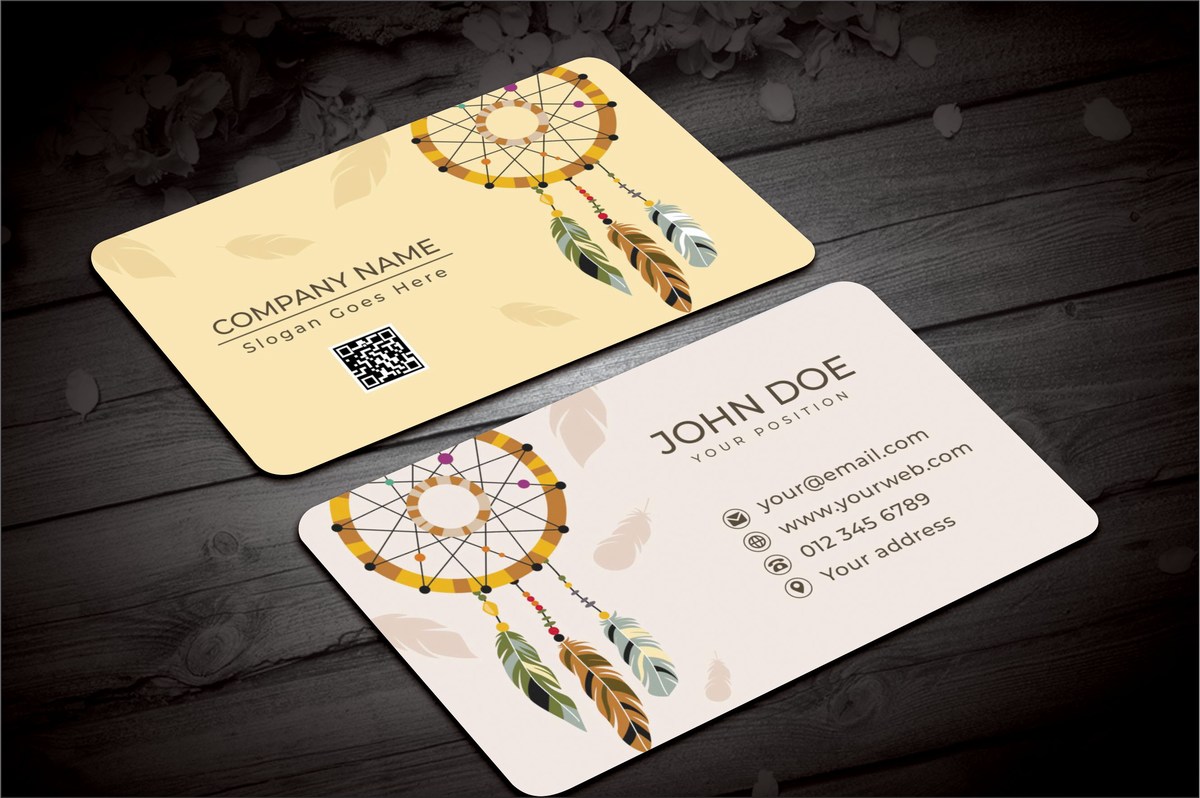Business cards feel almost as outdated as Victorian business cards, but they’re still a networking staple. Melbourne-based Blinq wants to abolish them altogether. The company announced today that it has raised $5 million AUD (approximately $3.5 million USD) from Blackbird and Square Capital. The app generates a QR code that shows your professional information, including social media links, as soon as someone scans it, even if it is not installed.
The Blinq profile can also be shared via NFC cards, short links, email signatures, and video call backgrounds. Users can create multiple profiles to control who sees what information, such as their company websites, Calendly, and LinkedIn. It integrates with CRM platforms and directories such as Salesforce, HubSpot, and Azure AD.

Founder and CEO Jarrod Webb was an early Uber Eats operator and software engineer when he founded Blinq as a hobby in 2017. During that time, Uber Eats had changed its logo a few times, Webb told blog line, and his job title changed twice, too, so he had piles of different business cards on his desk. “It made me realize that paper business cards have two major flaws,” he said. “Information is static, and you had to carry it around.”
Around the same time, iOS 11 was released, allowing iPhones to scan QR codes natively through the camera. Over a weekend, Webb built the first version of Blinq, a simple app that allowed users to create a digital business card and add a QR code to add to their iPhone widget screen.
While Blinq worked among iPhone users, it wasn’t until late 2019 that most Androids were able to scan them natively, Webb added. QR codes were used more during the COVID pandemic, and in January 2021, Webb left his job to focus on Blinq after several companies contacted him asking for a way to manage cards for all employees.
“Before scanning QR codes from native phone cameras, there were many digital business card apps, but none stood the test of time as they failed to deliver a great experience the first time. Two people met, either because they trusted that both people had already installed the app to be able to get details or because the transfer time was too long,” Webb said.
Blinq relies on a product-driven growth strategy. Most of the growth comes from users sharing their Blinq cards with people they meet, including at conferences, which, in turn create their Blinq cards.
In a prepared statement, Blackbird partner Rick Baker said: “The last time Square Peg and Blackbird invested in a start-up together, the result was Canva. With many social networks leading to a fragmentation of identity, Blinq is creating a way to help people manage, control and share their identities in one place. We see such a great opportunity with what Blinq is building.”




